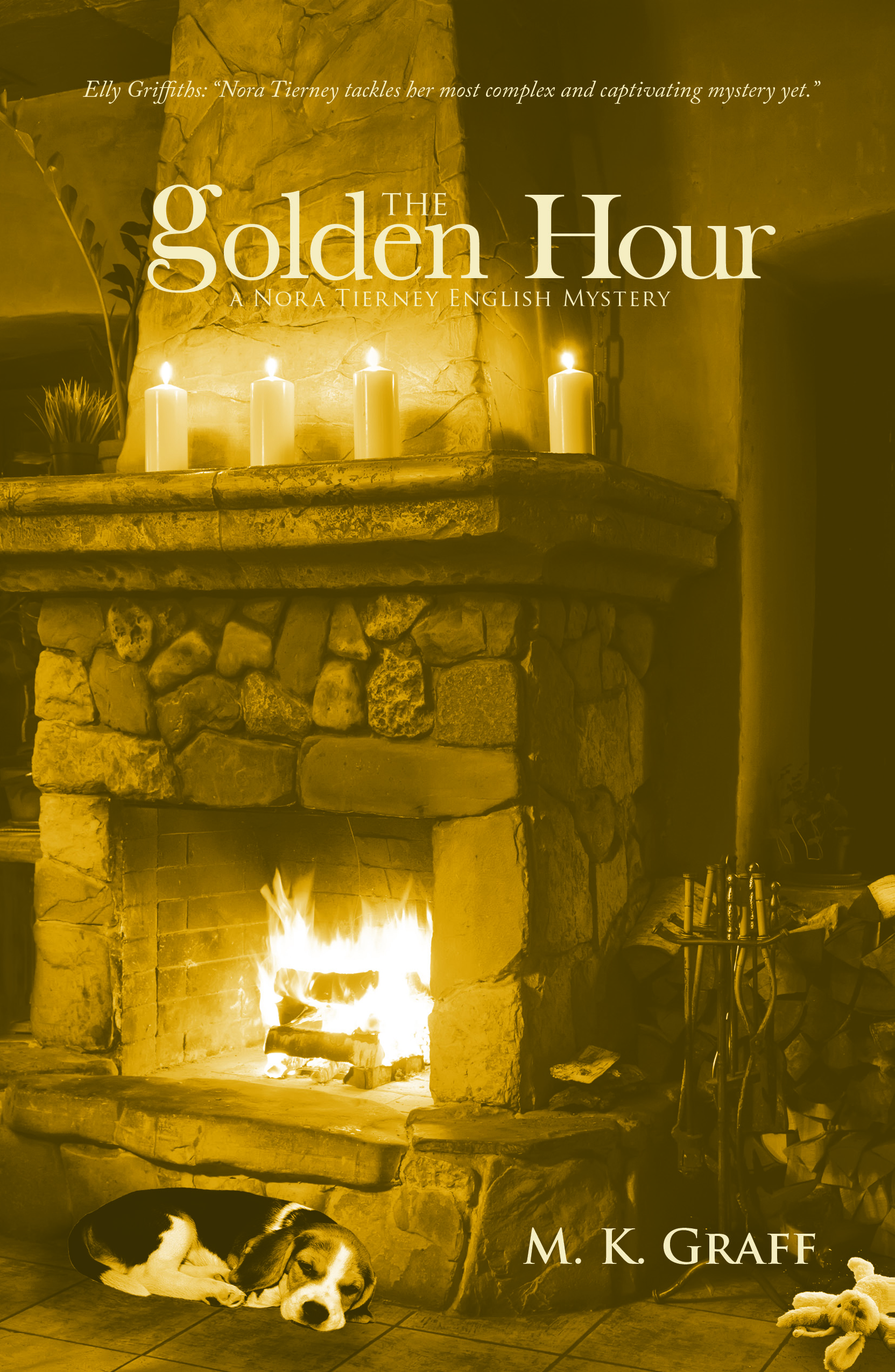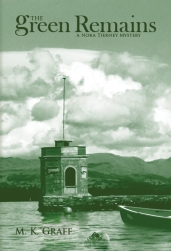Please welcome Tony Lee Moral, who will talk about writing YA novels, his in particular! And the difference between mystery and suspense:
Writing Young Adult: Ghost Maven by Tony Lee Moral
In my Young Adult novel Ghost Maven, I dive straight into the action with a kayaking trip in jeopardy in Monterey Bay, California, which quickly puts the central character in peril. Teen readers are impatient, and like to get to the story quickly, rather than having to wade through pages of backstory or exposition. So I start with Alice, the heroine who tells the story in the first person, in great danger, and facing her worst nightmare – open water and the fear of drowning.
Having lived in Monterey and Pacific Grove for two years, where the novel is set, this story about teens is incredibly personal to me. I walked the coastal paths Alice walked, taking in the blues and greens of Monterey Bay. I kayaked over the underwater kelp forests, marvelled at the diaphanous moon jellies in the Aquarium, and smelt the salty sea breeze during many long strolls along Carmel’s sandy beach. It’s a magical place to live, and one where I feel very at home with nature.
I start the novel with a quick succession of chapters, using famous landmarks around Monterey Bay, such as the Aquarium, Point Pinos Lighthouse, Point Lobos forest, Big Sur and Cannery Row. These are places rich in history and literature, from John Steinbeck to Jack Kerouac, as well as shrouded in mystery. Some are even linked to the supernatural. Point Pinos Lighthouse, for example, is said to be haunted, a plot device I use during the thrilling denouement of the novel.
Having written three books on Alfred Hitchcock, I specialise in mystery and suspense. Many readers become confused by the two terms. They are actually two very different processes. Mystery is an intellectual process like a riddle or a whodunit. The mystery of Henry, who saves Alice from drowning, is: who is he really? Is he a ghost? Where does he come from? What secrets does the island hold which he inhabits? What happened to Heather, the high school prom queen? These are all mysteries that run through the book.
We also know that Alice has suffered a terrible trauma in recent months, as her Mom died of a long illness, so is what she is seeing real? I wanted to create an atmosphere of uncertainty and delusion, which is why I wrote the scenes early on when Alice isn’t really sure if she’s seeing Henry or not. Is he a figment of her imagination? So the first half of the novel is devoted to who Henry is and why he holds such a spell over Alice.
Suspense is an emotional process in the reader, rather like a rollercoaster ride, or a trip to the haunted fun house. As Alfred Hitchcock once said, “In all suspense you have to give the reader information, so that they have something to be anxious about.” The suspense in Ghost Maven is: what will happen when Alice finds out who Henry really is? How will she react? What will she do? What will happen when the other sailors come looking for her? This suspense drives the narrative core of the book and invites readers to keep turning pages.
When writing Young Adult fiction, I think it’s very important to channel your inner teen. Ghost Maven revolves around the many first experiences of being a teenager such as: going on a first date, first love, and first prom date. Falling in love and losing a parent are intense feelings for a teenager, both of which Alice goes through, and which I can relate to. Teenagers don’t tend to think of their own mortality, as they have their whole lives stretching ahead of them. It’s only after Alice loses her Mom that she starts to think about the possibility of an afterlife and then Henry appears.
Writing authentic teen dialogue is important, especially if you want young readers to connect with your story. As a zoologist and psychologist by training, I find it fascinating to observe people and listen to the way they speak. When I’m in a queue at the movies for example, I enjoy listening to others talk about the film they have seen or are about to see, and I have three teenage nephews who banter and are fun to listen to. Capturing the intensity and feelings of being a teenager is vital, where everything seems so exaggerated. But I was wary of using slang, since it quickly dates your work.
Another challenge I had was that Henry and Alice are literally from two other worlds, so Henry’s style of speech was more formal and romantic; the flip side to Alice’s modern style. Anything that doesn’t advance the plot or characters should probably be cut. In early drafts I had scenes of Alice shopping in the outdoor markets of Monterey for California artichokes (which I love), but these scenes were the first to go. My advice when writing for teens is more immediate scenes and less narrative summary.
Tony Lee Moral will be signing copies of his Young Adult novel Ghost Maven at Old Capitol Books, 559 Tyler Street, Monterey, California on Saturday 3rd September at 2pm.
Copies of the book are available in October through Saturn’s Moon Press and check out the new website at www.ghostmaven.com









